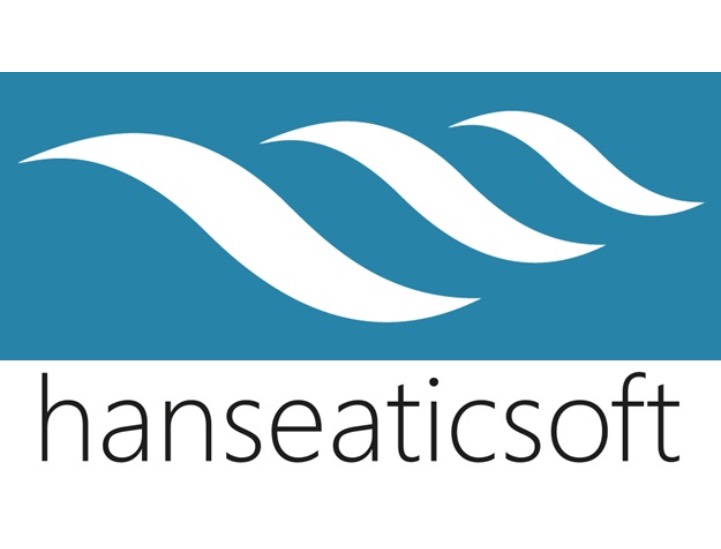Shipping companies have faced many challenges since the onset of the pandemic, including having to adapt to new ways of working. Lockdowns and restrictions forced many businesses to close offices and move their workforce to home working.
Those with cloud technology could access data and information from any location and work. However, for others, this highlighted significant technology gaps which they needed to work hard to overcome. This included investing in technology to move their business into the cloud for the first time.
Before the pandemic, some companies were reluctant to embrace technology, now many appreciate the benefits it can offer in creating a more connected workforce and making the exchange of data and communications between crews at sea and teams on shore much simpler and improving business processes.
Cloud technology has been the game changer
Moving into the cloud has enabled crews on board and on shore to collaborate on tasks from inspections to crew management, organising accommodation, purchasing and inventory to compliance, maintenance, and technical tasks.
Often companies that were reluctant to embrace technology still relied on paper to send information to other offices or crews; however, those that have gone digital have now been able to go paperless too. This is not only relevant in terms of efficiency but in terms of health and safety as the Covid-19 virus has been shown to stay on paper for several days.
The real advantage is that staff can access information and data anytime, anywhere, including on a smartphone. The entire fleet can be connected to the office or those working at home, and data can also be shared easily with partner organisations.
With teams working remotely this has been hugely valuable and enabled the real-time sharing of information and data, helping companies gain fresh insight, by using data analytics to improve vessel and business performance.
Business Intelligence (BI) has become more relevant in recent years since it enables companies to conduct enhanced analysis of any kind using existing data and match this against various KPIs. To this end, we have integrated Microsoft’s Power BI into our Cloud Fleet Manager (CFM) software, giving customers enhanced insights into their operational data and drive a data culture across the organisation to improve business decision making.
Benefits of using the cloud
The cloud has facilitated the sharing of business-critical information such as important maritime instructions, crew schedules, payroll data and other key communications by teams onshore with the crews and it can be actioned immediately, ensuring the company is responsive and dynamic and can react to any situation.
Safety operations can be enhanced too. For example, sending out a fire drill procedure can be done in one click to all the vessels that need it. This means fleet managers can communicate more quickly and save time on administration because they no longer have to manually send instructions or check if all vessels have received them.
Crew management and administration is more efficient through the cloud too. Using technology ship masters can plan their crews, manage all their work documentation and visas, and schedule their working and rest hours in line with regulations. They can create a central digital overview of all cabins and bunks on board, so they can easily see where to assign cabins and bunks and manage tasks such as cleaning and maintenance.
Technology is also helping shipping companies support the mental wellbeing of seafarer. During the height of the pandemic many seafarers were stranded at sea for months because it was impossible for companies to change crews as governments banned crews from coming ashore.
This isolation took its toll with the Seafarers Happiness Index (SHI) published by the Mission to Seafarers[i] highlighting in July last year that the mental health of seafarers was at ‘tipping point’. With the pandemic still with us the impact on mental wellbeing is likely to continue.
Some companies have addressed this by providing personal internet access for crew to keep in touch with people. Being able to send emails or do video calls can be a lifeline for seafarers at sea for months.
Not only can crews stay connected to the outside world they can access mental health support or medical advice using apps. We expect that providing good internet access will be a priority for shipping companies in the future.
Source: Hanseaticsoft






































